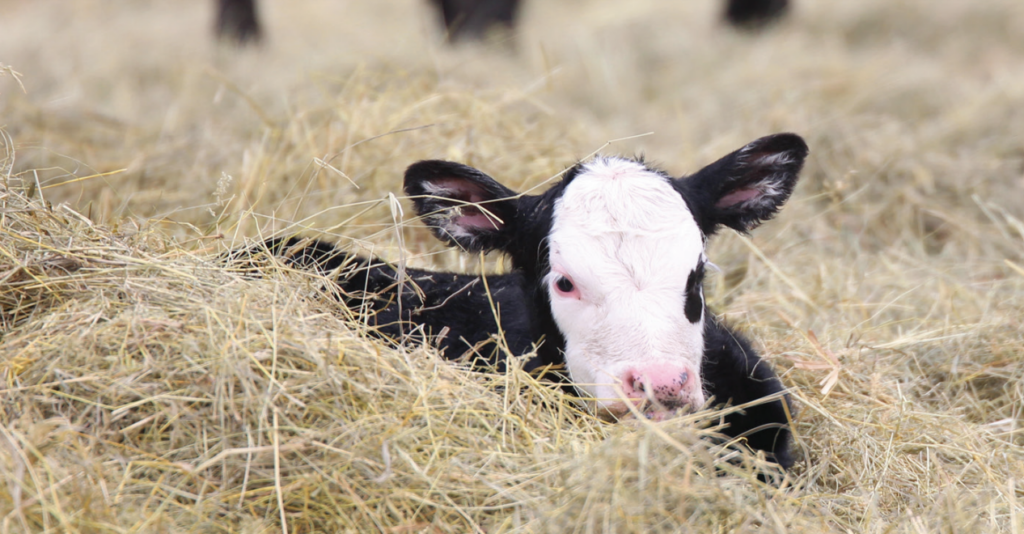Most cattle producers understand that calves should receive colostrum on the first day of life. However, they don’t often consider just how impactful that first meal can be and the benefits beyond increased immunity. New research reinforces that successful passive transfer of immunity in newborn beef calves can unlock major performance and extra weaning weight when compared to calves who do not receive adequate colostrum.
In a recent study in Alberta, Canada, serum samples from a total of 420 beef calves across 6 farms were collected from calves 1-7 days old. These serum samples were observing IgG concentrations in these calves to determine their level of passive transfer of immunity.
It was observed that calves that received inadequate colostrum resulting in failure passive transfer, were 7.9x more likely to be treated than their counterparts. They were also at 18.5x greater risk of mortality than the calves in the group who receive successful passive transfer of immunity from colostrum.
Beyond improving health and survivability, colostrum also showed an impact on performance. The average daily gain of calves with insufficient transfer of immunity was on average .2lb/day lower when compared to calves with high passive transfer levels (IgG>24g/L). These lower performing calves would have weighed on average an estimated 40lbs less after 205-day pre-weaning period.
Gamsjäger et al., 2023. Total and pathogen-specific serum immunoglobulin G concentrations in neonatal beef calves, part 2: Associations with health and growth. Preventive Veterinary Medicine, 220, 105993. https://doi.org/10.1016/j. prevetmed.2023.105993
Article provided by SCCL
